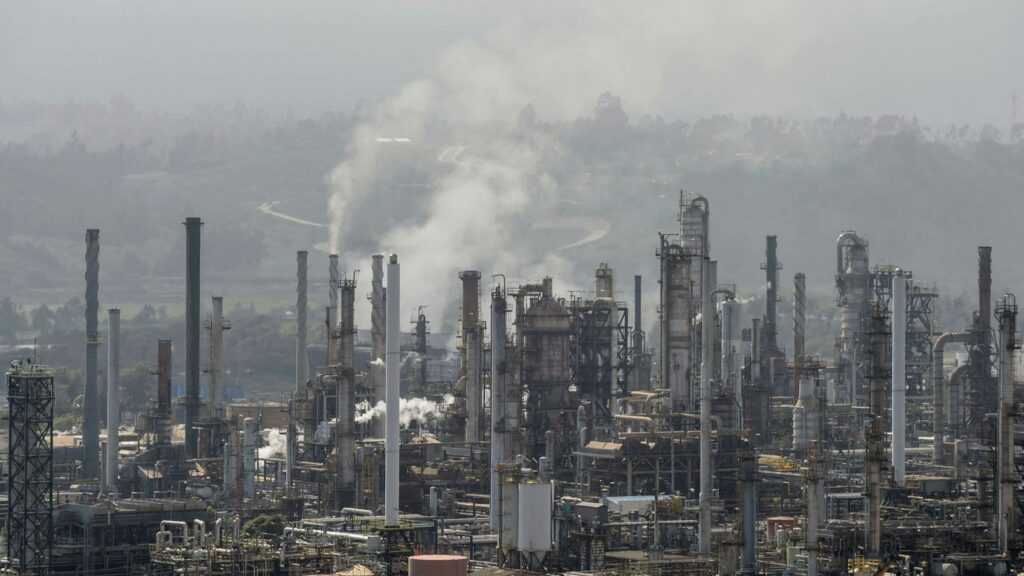Climate change: the heat is on for finance directors


World leaders find it hard enough to agree on the existential threat of climate change. More heat will be generated by a push for listed companies to disclose the financial risks better. France’s central bank governor François Villeroy de Galhau says governments are close to agreeing a plan, even so.
High time. Companies report their emissions in ways that defeat comparisons. Few quantify financial risks from climate change at all. The rapid rise of ESG means investors need better data. Inflows to ESG funds ran at $2bn a day in the first quarter.
Many companies now report their carbon dioxide and other emissions. Some even disclose internal assumptions on carbon pricing. Under the EU’s Emission Trading System, the December 2021 price already exceeds €50 per tonne, up 62 per cent this year. BP has assumed €100 internally for 2030. Few forecast this far ahead.
They do not have to. Most financial directors prepare accounts as the law and the whims of the board dictate.
Two bodies should give direction to governments and company number crunchers. Outside the US, that falls to the International Financial Reporting Standards Foundation. It has just set up a sustainability standards board.
In the US, the Securities and Exchange Commission oversees disclosure. Disappointingly, given the US’s leadership role in world financial markets, the SEC has moved slowly on carbon and other ESG issues.
What should standards look like? Companies should disclose both their expected emissions and an assumed long-term carbon price within the scope of international averages. From that, the present cost of pollution should be calculated and stated.
The European Commission is readying plans for tariffs that would eliminate the price advantage cheap imports owed to low or absent carbon taxes. This is a sign, among many others, that a global carbon price is in the offing.
Lex research points to a realistic current world carbon price of €100 per tonne. Alarmingly for high-carbon sectors such as steel and cement, the cost of annual CO2 emissions at this price is equivalent to a typical year’s ebitda.
Eco warriors and climate change sceptics alike quibble that different assumptions produce wildly varying risks and mitigation costs. The job of governments and standards bodies is to nail down central cases for both. Most businesses would swiftly follow their lead.
The Lex team is interested in hearing more from readers. How should companies report carbon emissions and climate change risks? Please tell us what you think in the comments section below.